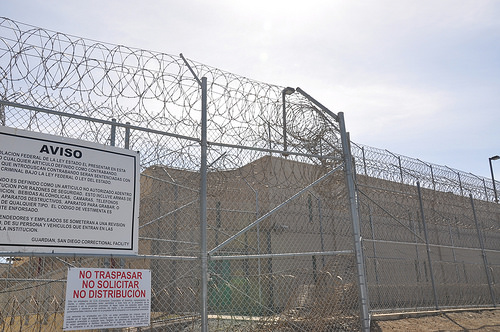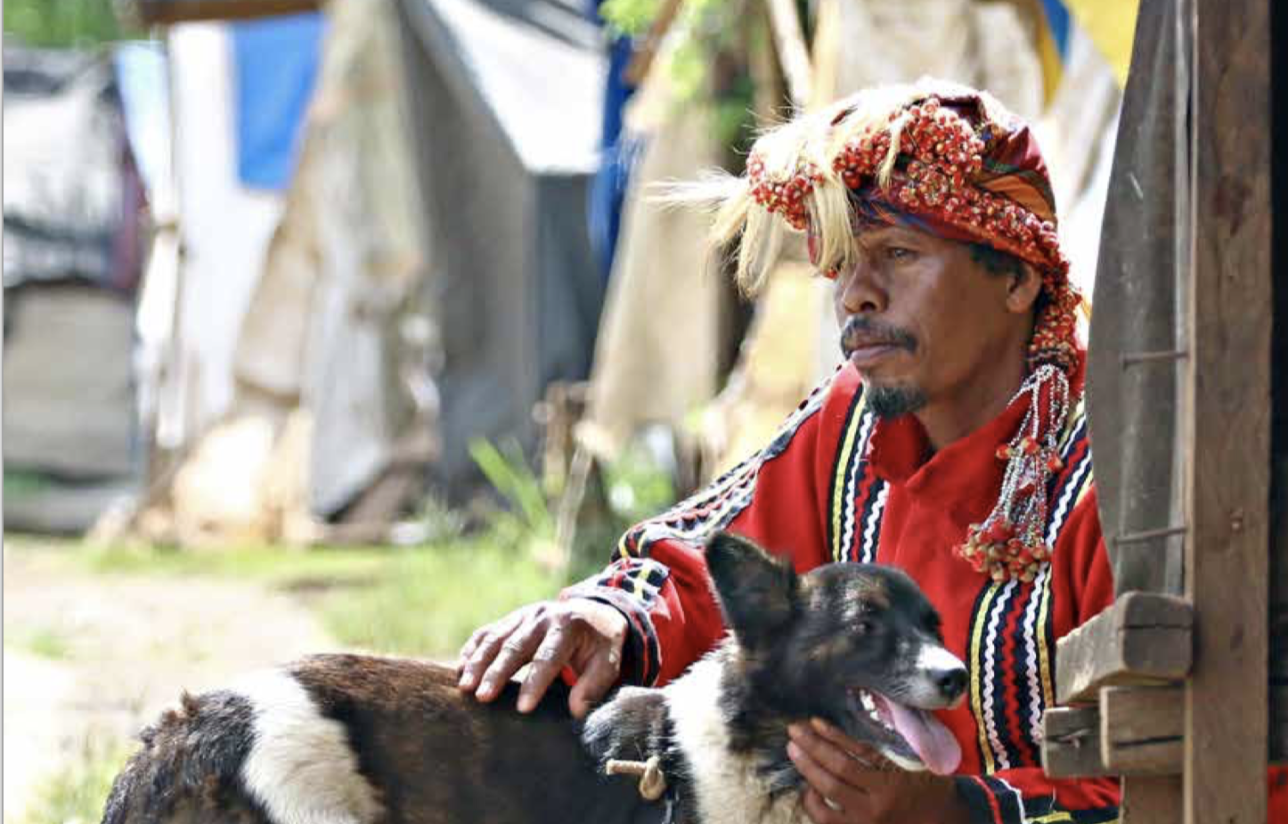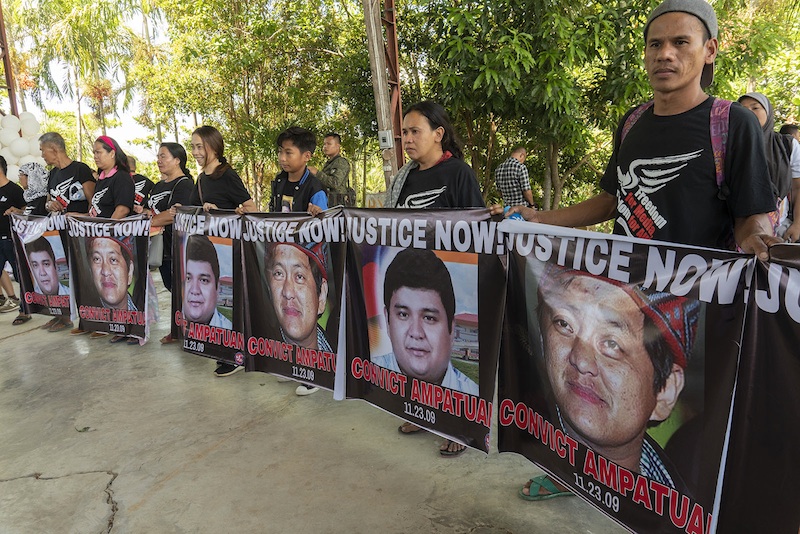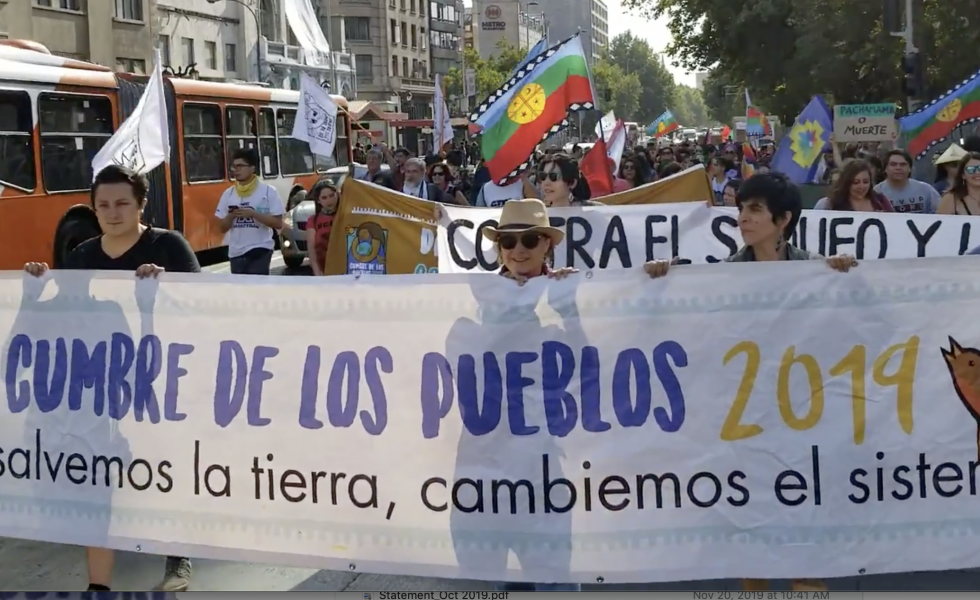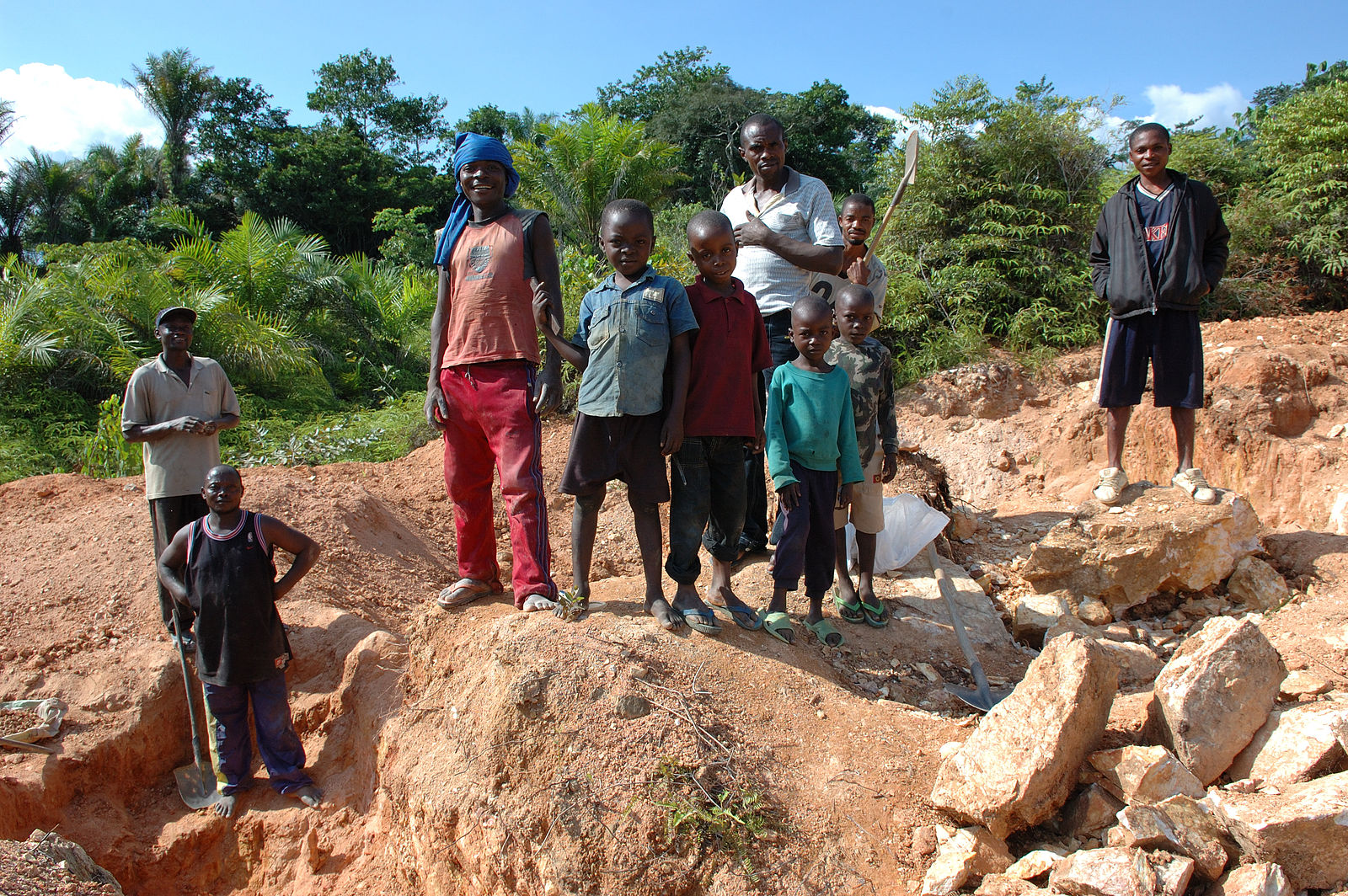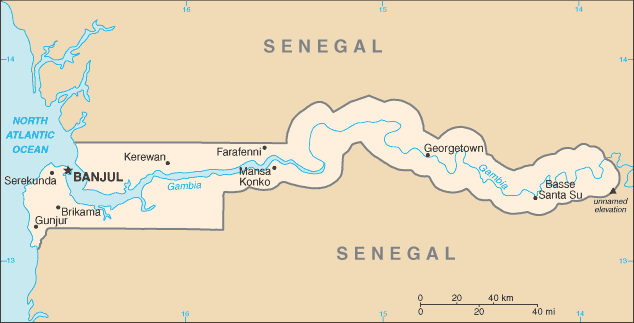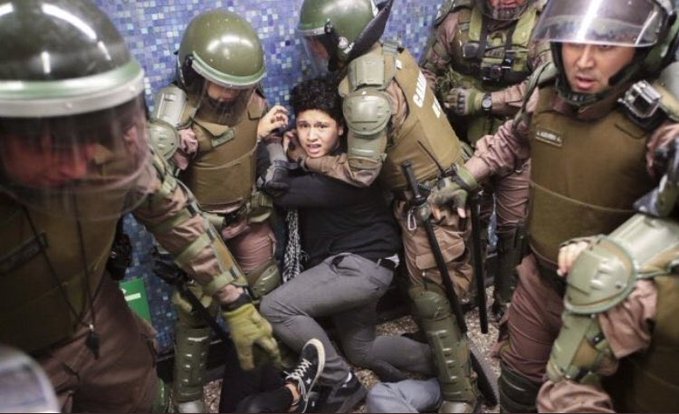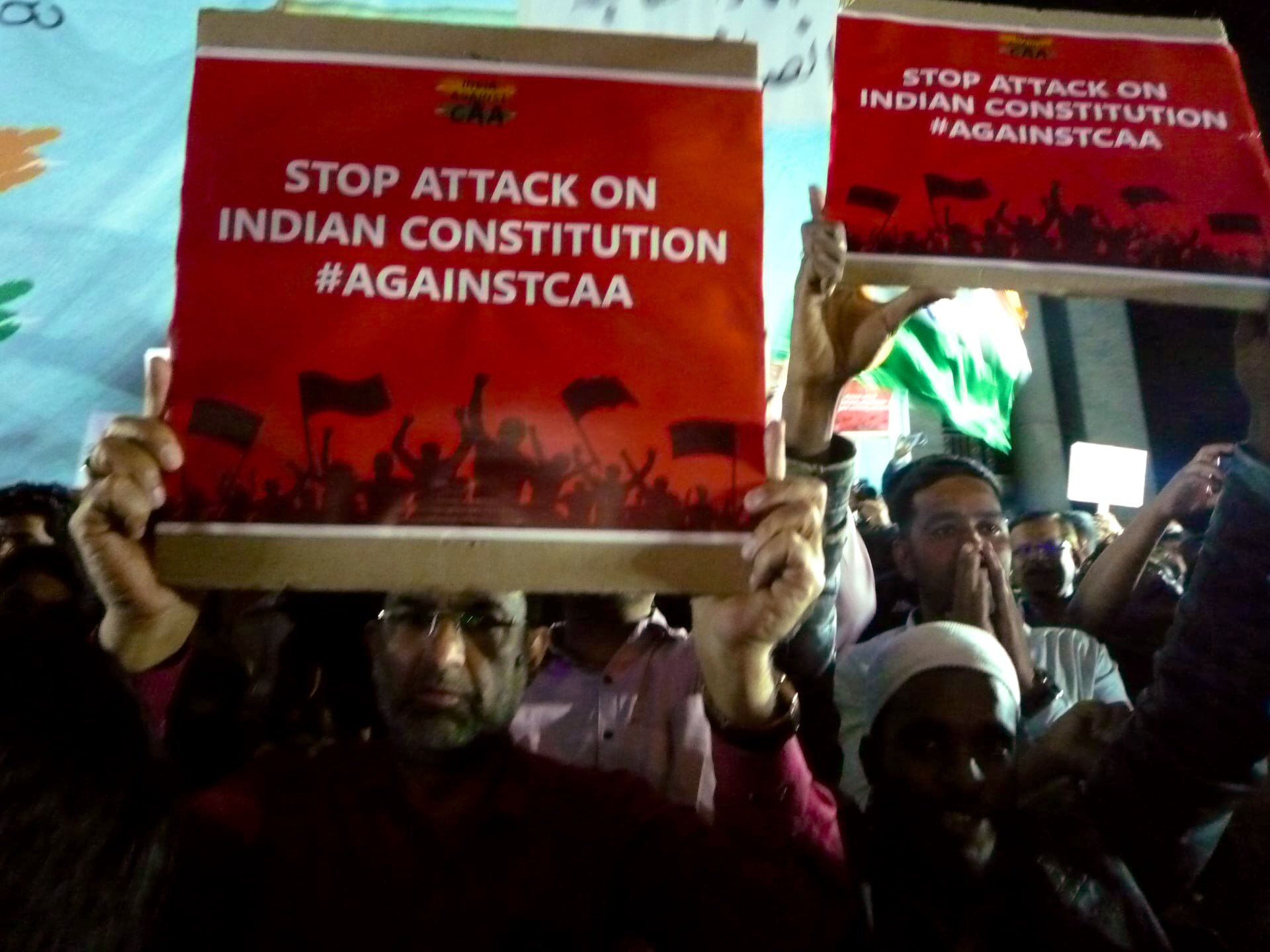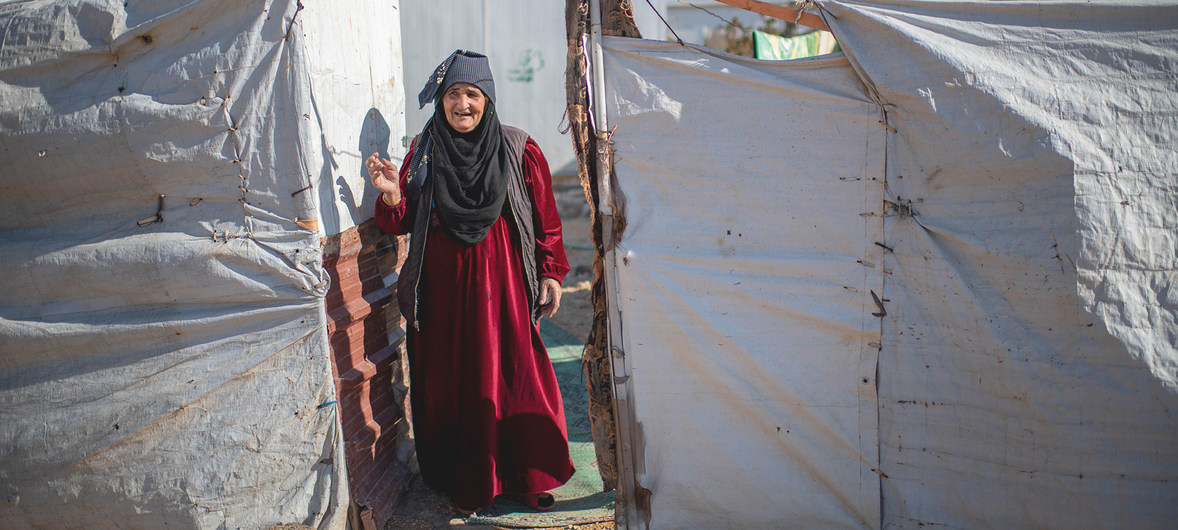
Syria: thousands flee intensified Idlib offensive
More than 235,000 people have fled from their homes in Syria’s rebel-held Idlib province over the past days, as the Assad regime and Russia escalate their campaign of aerial bombardment. A report from the UN Office for the Coordination of Humanitarian Affairs states that Ma’arrat An Nu’man and other towns in the province are now “almost empty,” while internally displaced persons (IDP) camps in the extreme northwest of the province are rapidly swelling. “Displacement during winter is further exacerbating the vulnerability of those affected,” the report states. Perversely, the renewed offensive comes days after Russia and China vetoed a UN Security Council resolution that would have extended cross-border aid convoys into Idlib from Turkey for another year—essentially condemning many of those not directly killed by the bombs to death by starvation and exposure. (Photo: UNHCR)





